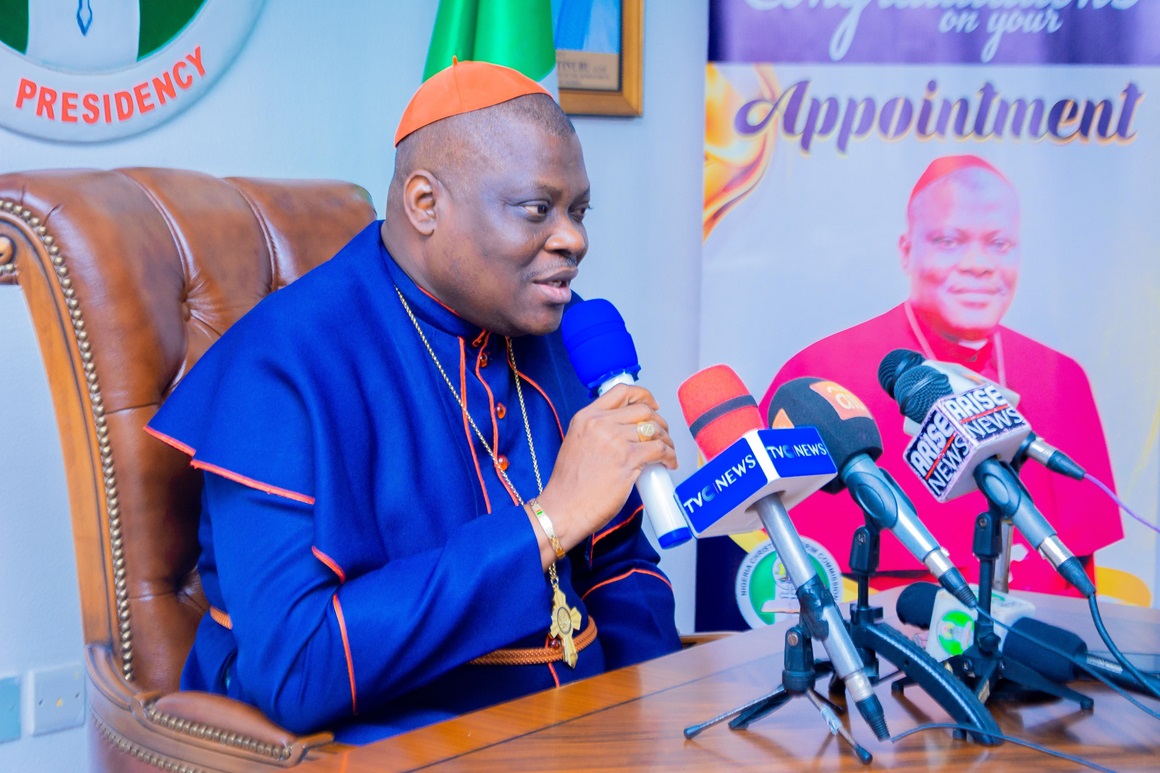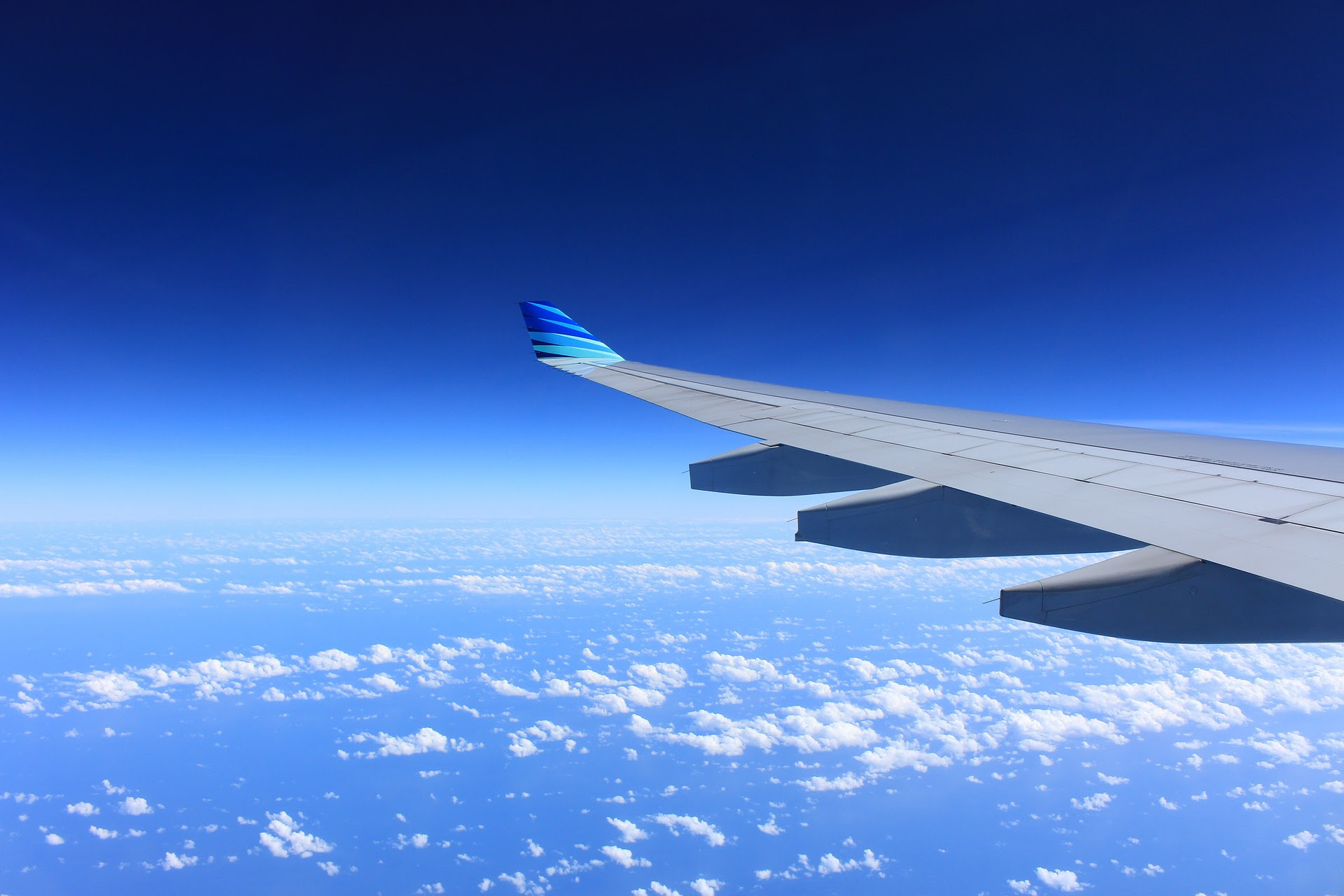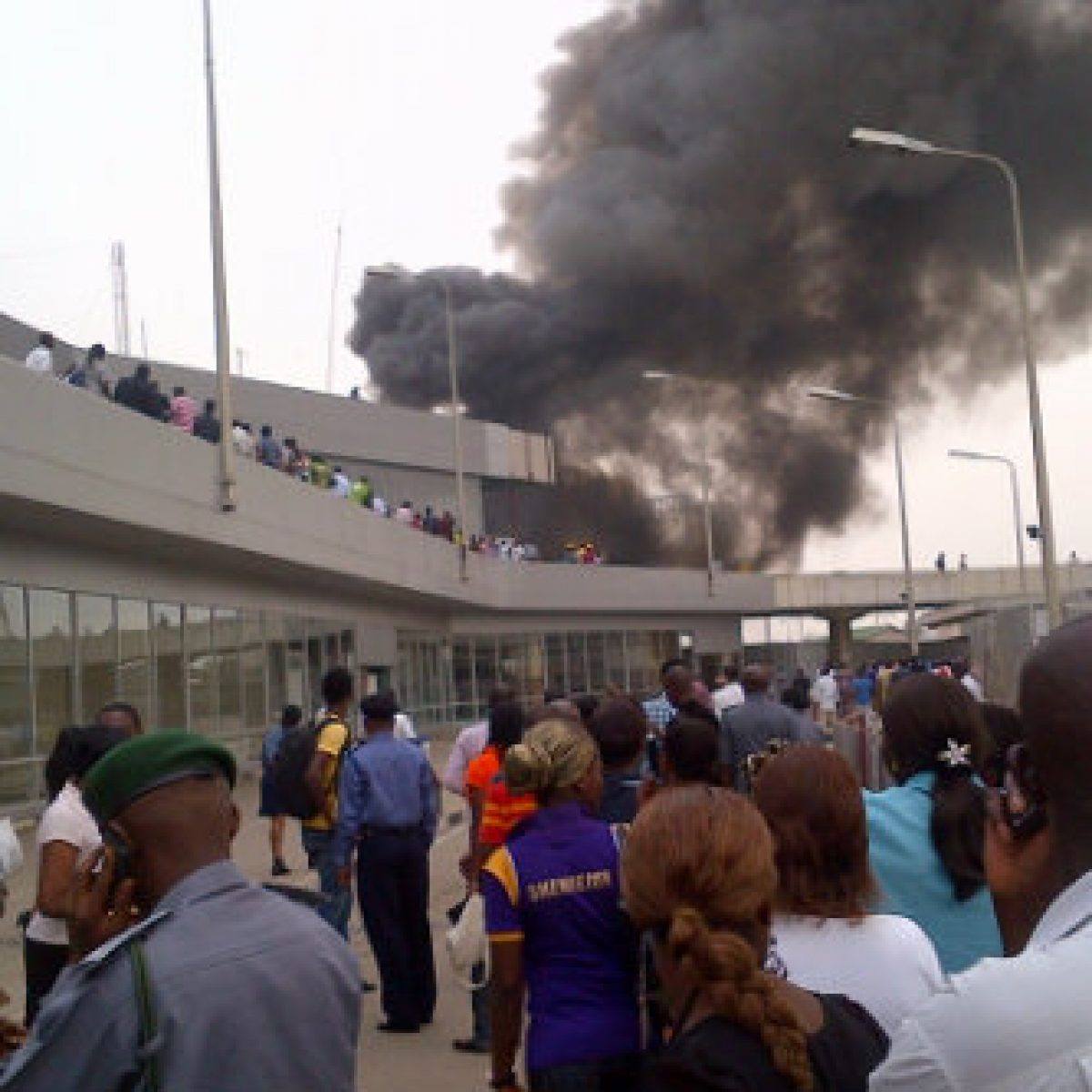Travel/Tourism
Growing The Rural Communities Through Sustainable Tourism


By Olukayode Kolawole
The responsibility to grow our rural communities is a shared one. In fact, majority of the tourism sites in Nigeria are located in most of the rural areas. Developments in these areas are not as fast-paced as urban communities.
Every year, rural development always finds its way to the government’s shopping list but somehow doesn’t make it to the priority list. Reasons for this might include, but not limited to, insufficient budget, lack of proper planning and measurable goals.
Most of the tourism sites in the country domicile within these rural communities. It is therefore surprising why we are investing hugely to develop these communities, considering the fact that we are making conscious efforts to grow our tourism and travel industry into a melting pot.
Sustainable tourism implies that a tourist who visits a place tries to make positive impact on the environment, society and economy as well. There are a good number of ways to do this: respect the people who call the location home, their culture and customs and the socio-economic system in the area.
While it is not surprising that often times people tend to confuse sustainable tourism with ecotourism, whereas ecotourism is actually an aspect of sustainable tourism; this article will focus on the economic importance of ecological tourism (ecotourism).
Tourism has many merits, no doubt. One of its demerits is that it causes damage on the environment.
Ecotourism, on the other hand, seeks to promote responsible travel to natural areas that protect the environment and advance the prosperity of the local people. It aims to provide a fun, relaxing vacation while protecting the surrounding ecosystem.
It often works to train and engage the participants in an eco-friendly lifestyle. The adverse effects of hotels, trails and other infrastructure are reduced through the use of either recycled supplies or abundantly existing local building materials, recycling, renewable sources of energy and safe disposal of waste and refuse.
If well managed, ecotourism will contribute actively to the maintenance of natural and cultural heritage, namely, inclusion of local and indigenous communities in its planning, development and operation, which reduces poverty and enhances intercultural & environmental understanding.
As a responsible traveller who is interested in minimizing the negative impacts of his tour and if you take special interest in local nature and cultures, ecotourism should appeal to you.
Remote areas, whether populated or unpopulated and are typically under some kind of environmental protection at different levels are destinations for ecotourism. Regulating the number of tourists and type of behaviour will ensure limited damage to the ecosystem as well as contribute to the minimization of its impact.
Tourists and residents of nearby communities need to be educated before departure through reading materials about the country they are visiting, location and the people, as well as a code of conduct for both the traveller and the industry. This information helps prepare the tourists.
Well-trained, multilingual naturalist guides serve to educate members of the neighbouring community, students and the larger community in the host country. To do so, entrance and lodge fees for nationals must be reduced and free educational travels for indigenous students and those living near the tourist attraction should be encouraged.
In addition, it also helps increase funds for ecological protection, investigation and education through a selection of apparatuses, including park entrance fees, tour companies, hotels, hotel booking portals like Jumia Travel, airlines and airport taxes and voluntary contributions.
National parks and other conservation areas will only subsist if there are “happy people” around their borders. The inclusion and participation of the local community is critical to the success of ecotourism.
These communities should receive proceeds and other physical benefits (potable water, roads, hospitals, etc.) from the conservation area and its tourist amenities.
Campgrounds, hotels, chaperon services, restaurants and other enterprises should be run by or in partnership with communities surrounding a park or other tourist destinations.
For ecotourism to be seen as a tool for rural development, total economic and political control must be given to the communal, township, cooperative, or entrepreneur.
This is the most challenging and time wasting idea in the economic equation and the one that foreign operators most often let it slip through the cracks or that they follow only partially or formally.
Tourism helps in building international understanding and world peace although this does not happen automatically; frequently in fact, tourism strengthens the economies of repressive and high-handed states.
Mass tourism pays scarce attention to the political structure of the host country or struggles within it, unless civil unrest escapes into outbreaks on tourists. Ecotourism demands a more holistic method to travel, one in which participants try to respect, study about and profit both the local environment and local communities.
In many emerging countries, rural residents around national parks and other ecotourism attractions are sealed in contests with the government and transnational corporations for control of the assets. Eco-tourists should therefore be sensitive to the host country’s political environment and social climate and need to contemplate the merits of global boycotts called for by those supportive of democratic reforms.
Olukayode Kolawole is a Head of PR & Marketing at Jumia Travel NG
Travel/Tourism
Middle East Tension: Nigeria Halts Pilgrimages to Israel

By Adedapo Adesanya
The Nigeria Christian Pilgrim Commission (NCPC) has suspended pilgrimages to Israel and all other Middle East nations owing to the escalation of tensions in the Gulf region.
The Executive Secretary of NCPC, Bishop Stephen Adegbite, said during a press briefing in Lagos on Tuesday that every pilgrimage of the commission, as well as of the private pilgrimage operators, has been suspended until security in Israel and all the Middle East returns to normalcy.
Bishop Adegbite also assured that the over 500 pilgrims that made up the last batch of the 2025 pilgrimage have safely landed in Nigeria on Tuesday.
Recall that the United States and Israel have carried out waves of airstrikes across Iran, and Iran has retaliated with drone and missile attacks against US-aligned countries across the Middle East.
The campaign has killed several of Iran’s top military and political leaders, including the supreme leader, Ayatollah Ali Khamenei.
Iran retaliated the death of its supreme leader by targeting US military assets in several Gulf countries, with missiles reportedly striking sites in Bahrain, Qatar, Kuwait, and the United Arab Emirates (UAE).
The US military has acknowledged the deaths of six service members, while the Iranian Red Crescent Society said more than 500 people have been killed in the country.
This development has made the region unstable and puts Nigerians making pilgrimage to the Middle East at risk.
Travel/Tourism
Festive Travel Surge: FCCPC Flags Fare Manipulation by Airlines

By Adedapo Adesanya
The Federal Competition and Consumer Protection Commission (FCCPC) says its investigation uncovered how airlines manipulated flight fares and fixed prices arbitrarily during the last Christmas and New Year’s holidays.
The findings, contained in an interim report released on Thursday by the commission’s department of surveillance and investigations, compared domestic airline pricing from the December 2025 festive period with post-peak January 2026 fare levels.
The FCCPC, in a statement signed by its director of corporate affairs, Mr Ondaje Ijagwu, said it established cases of price fixing by local airlines, documented abuse during the festive season, and would soon begin a probe of foreign airlines, following its ongoing country-wide investigation, which was announced earlier in January.
“A review undertaken by the Federal Competition and Consumer Protection Commission (FCCPC) has uncovered patterns of price manipulation perpetrated by some local airlines during the last festive season. The forensic exercise benefitted from data collated by the commission from airlines operating local routes in the country,” the report said.
The report compares domestic airline pricing from the December 2025 festive period with post-peak January 2026 fare levels.
The FCCPC’s preliminary analysis indicated that fares recorded during the December peak period were materially higher than those observed in the post-peak period across several routes despite relative stability in critical operating variables such as fuel price, government taxes and foreign exchange.
“The differences observed in fares therefore appear to reflect airlines’ arbitrary pricing decisions, including yield management and capacity allocation, rather than any variation in regulatory fees,” the report said.
It also noted that route-level analysis showed that higher fares coincided with periods of reduced seat availability during predictable seasonal demand peaks. On some high-density routes, peak fares were clustered within relatively narrow ranges across several operators.
It noted that on certain corridors, such as Abuja-Port Harcourt, peak fares were several times higher than corresponding post-peak levels. “On selected routes, the difference in the price of a single ticket reached approximately N405,000. Median fares across the sampled routes also rose markedly during the festive window when compared with post-peak benchmarks,” it said.
The report identified the relevance of Sections 59, 72, 107, 108, 124 and 127 of the Federal Competition and Consumer Protection Act 2018, which address the prohibition of agreements in restraint of competition, the prohibition of abuse of a dominant position, the offence of price-fixing, conspiracy to commit offences under the Act, the right to fair dealings, and the prohibition of unfair, unreasonable or unjust contract terms.
The FCCPC, however, recognised that seasonal demand pressures, scheduling constraints and fleet utilisation might also affect pricing during the peak travel period. It added that these actors remain under consideration as part of the commission’s ongoing review.
Commenting on the release of the interim report, the executive vice chairman and chief executive officer of the FCCPC, Tunji Bello, said the review was part of the commission’s statutory responsibility to promote competitive markets and safeguard consumers.
“This assessment is intended to provide clarity on pricing behaviour during predictable peak travel periods. The Commission’s role is not to disrupt legitimate commercial activity, but to ensure that market outcomes remain consistent with competition and consumer protection principles under the law,” Mr Bello said.
He noted that the commission was conducting further structural and route-level analysis before reaching any conclusions.
“It is important to emphasise that this is an interim report. Our next action will be dictated by the full facts established at the end of the review exercise. Then, the Commission will decide whether any regulatory guidance, engagement or enforcement steps are necessary, strictly in accordance with the law,” he said.
Bello further announced that foreign airlines would come under investigation by the FCCPC once the ongoing review of local airlines was concluded.
He noted that the probe of the foreign airlines would be in view of widespread complaints of exploitative fares they allegedly charge Nigerians on certain routes compared to fares in neighbouring countries of equal distance.
Travel/Tourism
FAAN Traces Source of Lagos Airport Fire to Server Room

By Modupe Gbadeyanka
The Federal Airports Authority of Nigeria (FAAN) has disclosed that the fire incident at Terminal 1 of the Murtala Muhammed International Airport (MMIA), Lagos, on Monday originated from the server room on the first floor of Terminal 1.
In a statement in the wee hours of Tuesday, the agency confirmed that six casualties were recorded, involving three males and three females.
“A total of six casualties, comprising three males and three females, were recorded, all of whom are in stable condition. One affected individual has been transferred to the FAAN Headquarters Hospital for further medical evaluation and remains stable,” a part of the statement said.
FAAN noted that emergency response operations remain active, with coordinated firefighting, rescue, and safety teams continuing containment and recovery efforts.
A crane was successfully deployed to support rescue operations at the Control Tower, and all 14 persons initially trapped have been safely rescued and fully evacuated from the facility, it added.
The organisation disclosed that as an additional safety precaution, the sixth floor of the affected facility has been completely evacuated to support ongoing emergency operations and risk mitigation, adding that the fire within the departure hall is now largely under control, while responders continue close monitoring to prevent any spread to adjoining sections of the terminal.
“In line with established safety protocols, the airspace remains temporarily closed,” it stated, confirming that all emergency procedures were promptly activated and continue to collaborate with relevant emergency and support agencies to safeguard lives, infrastructure, and operational integrity.
Also, the statement revealed that the Nigerian Airspace Management Agency (NAMA) is actively working to establish a temporary Control Tower to enable the safe and timely restoration of airport operations as soon as practicable.
-

 Feature/OPED6 years ago
Feature/OPED6 years agoDavos was Different this year
-
Travel/Tourism10 years ago
Lagos Seals Western Lodge Hotel In Ikorodu
-

 Showbiz3 years ago
Showbiz3 years agoEstranged Lover Releases Videos of Empress Njamah Bathing
-

 Banking8 years ago
Banking8 years agoSort Codes of GTBank Branches in Nigeria
-

 Economy3 years ago
Economy3 years agoSubsidy Removal: CNG at N130 Per Litre Cheaper Than Petrol—IPMAN
-

 Banking3 years ago
Banking3 years agoSort Codes of UBA Branches in Nigeria
-

 Banking3 years ago
Banking3 years agoFirst Bank Announces Planned Downtime
-

 Sports3 years ago
Sports3 years agoHighest Paid Nigerian Footballer – How Much Do Nigerian Footballers Earn









